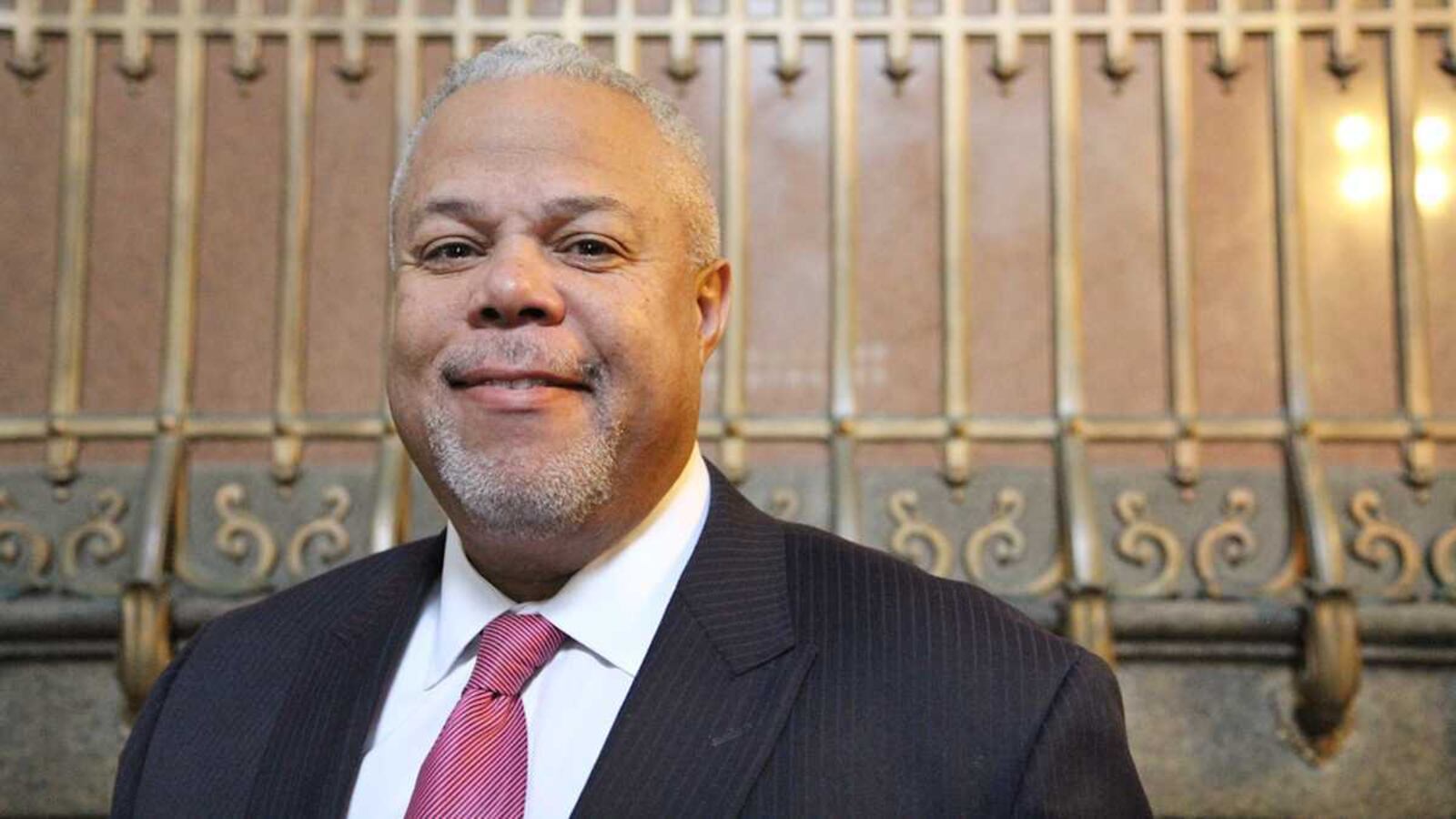This article was originally published in The Notebook. In August 2020, The Notebook became Chalkbeat Philadelphia.
There’s a game-changer on the horizon, a piece of legislation rumbling through the halls of Harrisburg that, if passed, promises to alter forever the landscape of public education in Pennsylvania.
It’s called Senate Bill 1085, referred to by many as the "Charter Reform Bill."
Proponents say it will raise the standards by which charters are opened and evaluated, while ensuring the creation of more high-quality educational options for all Pennsylvania’s students.
Opponents say it would create a "Wild, Wild West" scenario in which charters would be able to "grow unfettered," while bringing about the "death knell" of traditional public education.
The bill has passed a key Senate committee, but the timing of a full Senate vote is unclear.
Of the major provisions of the bill, the most contentious debate surrounds its creation of "university authorizers." This would allow institutes of higher education to authorize and oversee new charter schools without the input of local school districts.
To build a charter
Right now, when a group wants to open a brick-and-mortar charter school in Pennsylvania, it must first win approval from the local school district.
In charter-law-speak, the local school district is the "authorizer."
To some, this makes sense. Local school districts need to be able to predict how many students they’re going to be responsible for educating in order to set a financial plan and appropriately staff their schools. The money that colleges would get to run charters would be taken out of the budgets of the students’ home school districts.
But to others, this system of authorization seems to be a conflict of interest.
"In most cases, the district sees the charter schools as competitors, and they then have absolute control over whether those competitors exist or whether they don’t," said Robert Fayfitch, executive director of the Pennsylvania Coalition of Public Charter Schools.
His coalition advocates for the bill’s passage, calling the the existing charter law, written in 1997, "outdated and antiquated."
Proponents like Fayfitch say that school districts in Pennsylvania have never been great authorizers (and thus have authorized some poor-performing schools) in part because they haven’t appropriately staffed their charter offices.
In Washington, D.C., a governing board separate from the D.C. school district oversees charter growth. There, 26 staffers (including two communications officers) oversee 60 charter schools.
In the Philadelphia School District, which oversees 86 charters, the same work is done by seven staffers.
Colleges and universities who have the desire to improve public education would authorize and oversee charters in a much more robust and fair-minded way, proponents say.
As written, the bill would allow any college or university with at least 2,000 students to apply to become an authorizer. If accepted, it could authorize an unlimited number of charter schools within its home district.


